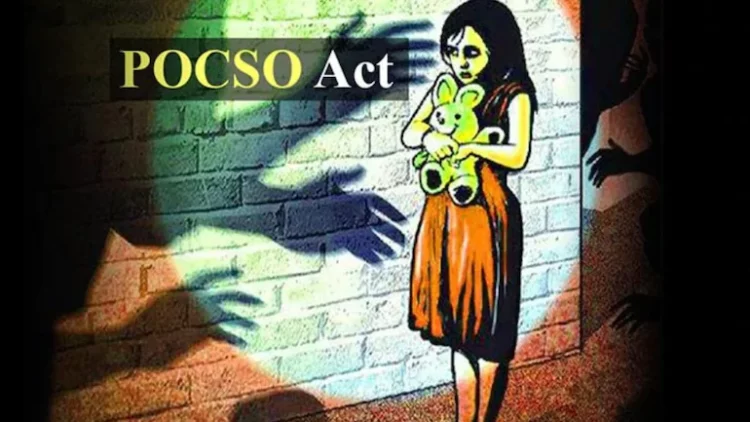On December 19, the Aurangabad bench of the Bombay High Court in the case of Parvej Khan v. State of Maharashtra & Ors. ordered the Maharashtra government to formulate guidelines for the implementation of test identification parades (TI parades) in cases falling under the Protection of Children from Sexual Offences (POCSO) Act.
A test identification parade aims to assess a witness’s ability to identify an unknown person, whom the witness had seen in connection with an offense, from a group of individuals.
Justices Vibha Kankanwadi and Abhay Waghwase, comprising a division bench, directed the State government to establish a standard operating procedure (SOP) to safeguard the confidentiality of the victim’s details during their participation in the TI parade.
We direct State to formulate suitable guidelines to be adhered to, while conducting TI parade in cases attracting provisions of Protection of Children from Sexual Offences Act, 2012 and to further suggest Standard Operating Procedure to be adopted, keeping in mind the aspect of confidentiality of details of the victim and also suggest necessary precautionary measures to be taken while making victim participate in TI parade for identifying perpetrator, with requisite infrastructural set up for the same,”
The Court Held
The appellate court considered a case involving a convict who had received a life sentence in 2019 for the rape of a minor girl in 2018.
The court found it surprising, based on the evidence presented, that a 6-year-old minor victim had been brought to the jail premises to identify the perpetrator from a lineup of dummies and was instructed to physically touch the alleged offender.
Expressing serious concern, the court criticized the special executive magistrate for not adhering to the prescribed procedure under the Protection of Children from Sexual Offences (POCSO) Act, which requires precautions to prevent direct confrontation between the accused and the victim.
Furthermore, the court observed lapses in the conduct of medical experts and investigators who failed to diligently follow guidelines for the collection, preservation, and documentation of evidence. This included a noted failure by the doctor to securely seal the biological evidence samples.
“We have noticed that in spite of directions issued by the Apex Court time and again regarding meticulous compliance of Standard Operating Procedure to be adopted during collection of biological and non-biological evidence and its preservation to avoid its degradation and to further maintain its integrity, the stakeholders like medical experts, who conducted physical examination of both, victim and accused, and retrieved samples, so also the police machinery and the forensic experts have shown utter disregard to the procedure contemplated and spelt out in the form of guidelines,”
The Court Held
The court instructed the District Legal Services Authority to investigate the present condition of the victim and ascertain whether she has been appropriately compensated.
Additionally, the court mandated the government to conduct regular sensitization programs for various stakeholders, including the police, medical experts, forensic professionals, and prosecutors.
We take this opportunity to bring it to the notice of the State as well as prosecution that, all stakeholders like police, medical experts, forensic experts and even prosecutors to be sensitive to the need of proper collection, sampling, preservation and safe custody to rule out possibility of diminishing and/or degrading the quality of evidence. Such authorities need to keep themselves well informed and updated on the guidelines issued by Health Ministry/Home Ministry,
The Court Ordered













